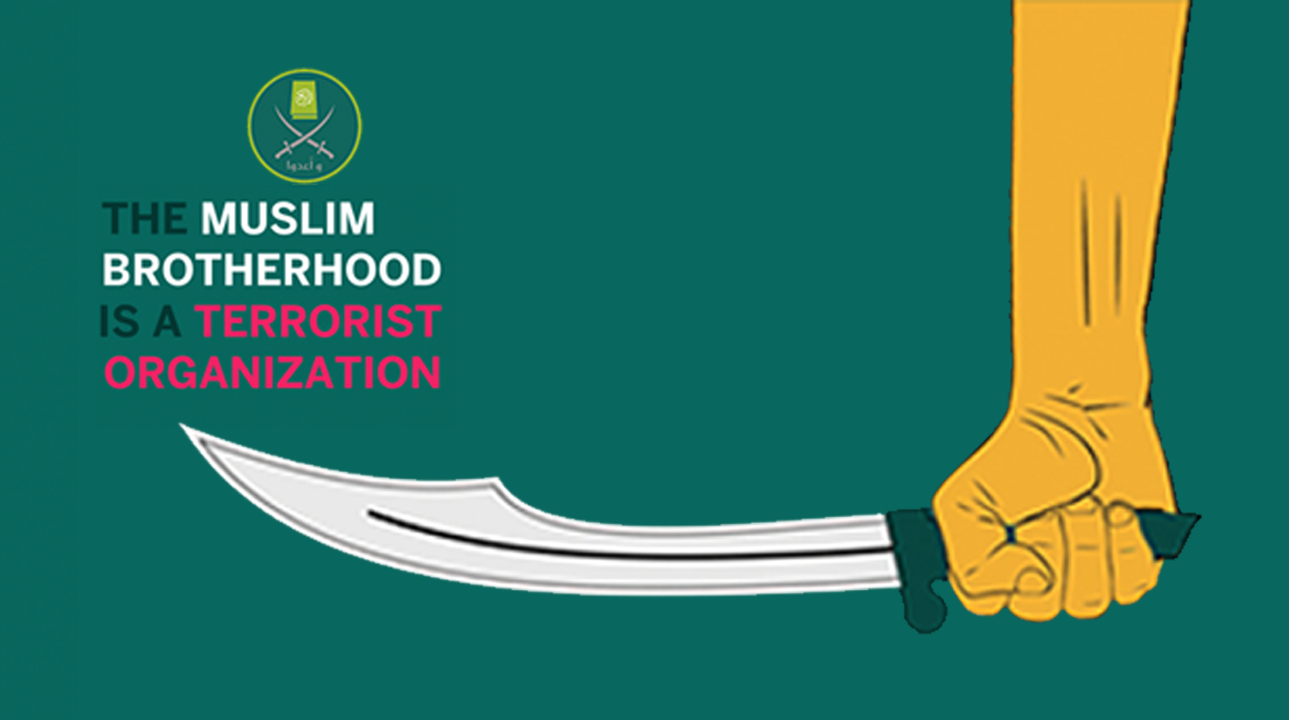The Paradoxes of Debating Shariah
When we find ourselves with disagreements on major issues, the Western democratic approach suggests solving those disagreements by debating them.
The Koran makes it difficult for non-Muslims to have a sincere debate of this kind with shariah-compliant Muslims by providing them with theologically grounded permissions to lie. In some cases, there is actually a duty to lie if issues important to Islam are in play.
Koranic passages as well as hadiths attributed to Mohammed provide many of these exceptions, including deceiving other Muslims. One of the areas in which lying is permitted, and sometimes required, is where it will be advantageous in dealings with attempts to gain the submission of non-believers.
This practice is called taqiyya.
A Formulation of the Rule Governing Lying
In the Reliance of the Traveler, one of the definitive texts for understanding Islamic law, the author gives a formula he attributes to Islamic philosopher and jurist Abu Hamid Ghazali:
“When it is possible to achieve [a valid] aim by lying but not by telling the truth, it is permissible to lie if attaining the goal is permissible (N: i.e., when the purpose of lying is to circumvent someone who is prevent one from doing something permissible) and obligatory to lie if the goal is obligatory.”
In simpler terms, if your goal is to spread Islam and you must lie to achieve that goal.
For those who believe bringing of the world under the rule of Islam to be a chief religious duty, deception in that cause is obligatory whenever it is necessary.
Where's the Proof?
Both the Koran itself and important hadiths justify this understanding of deception.
“Let not the believers take the disbelievers as friends instead of the believers, and whoever does that, will never be helped by Allah in any way, unless you indeed fear a danger from them. And Allah warns you against Himself, and to Allah is the final return.” (Q 3:28)
“‘Unless you indeed fear a danger from them’ meaning, except those believers who in some 51 areas or times fear for their safety from the disbelievers. In this case, such believers are allowed to show friendship to the disbelievers outwardly, but never inwardly.…‘We smile in the face of some people although our hearts curse them.’” (Tafsir Ibn Kathir, vol. 2, 141, commenting on the above passage from the Koran.)
“Mohammed said, ‘War is deceit.’” (Bukhari vol. 4:267 and 269)
“He who makes peace between the people by inventing good information or saying good things, is not a liar.” (Bukhari vol. 3:857 p.533)
Do Western Islamic Organizations Practice Taqiyya?
In one of the documents entered as evidence by the Federal government in the 2008 Holy Land terrorism financing trial, a co-conspirator had this to say about the operations of the Council on American-Islamic Relations (CAIR):
“I believe that our problem is that we stopped working underground. We will recognize the source of any message which comes out of us. I mean, if a message is publicized, we will know…, the media person among us will recognize that you send two messages; one to the Americans and one to the Muslims.”
In addition to identifying Americans and Muslims as necessarily separate categories, this indicates the importance of sending a message ‘to the Americans’ that is different from the one that Muslims will know to be the truth.
Since it is more acceptable to lie to non-believers, the message intended ‘for the Americans’ will be the deception.
Debating Shariah
For the shariah-adherent Muslim, there can be no debate about shariah. Shariah is the direct and permanent word of God governing human relations now and forever. There is nothing to debate.
Moreover, any debate that sought to create any alteration in the terms of shariah would be an affront to God. Any human alteration of the terms of shariah following such a debate would be the creation of “man-made” law, which is forbidden by shariah. Thus, a shariah-adherent Muslim who agrees to participate in such a debate is engaged in a paradox: they are agreeing to debate what cannot be debated.
This is resolved only by taqiyya, which creates a paradox for the non-Muslim.
They want to debate the merits of shariah openly, and may receive the impression they are doing so by the participation of the shariah-adherent Muslim. Yet the ground for such a debate does not exist. Their debate partner is obligated to lie to them whenever it is necessary.
They may also simply leave you with a misleading impression, as the Reliance says: “Scholars say that there is no harm in giving a misleading impression if required by an interest countenanced by Sacred Law.”
The greatest possible interest is the spread of Islam.
Are Muslims Otherwise Required to be Honest?
As the Reliance indicated, deception is permissible any time the goal is permissible. But this is not the only guidance the author gives.
Citing Mohammed as his source, he writes,
“I did not hear him permit untruth in anything people say, except for three things: war, settling disagreements, and a man talking with his wife or she with him (in smoothing over differences).”
War can include jihad, or efforts to bring the non-Muslim world under the rule of Islam. Even among Muslims, though, settling disputes is a permissible reason to say things that are not true. Just maintaining social harmony can justify deception under Islamic law, or just maintaining peace with your spouse.
These permissions make perfect sense given the real root of shariah in an ancient desert community in which dissention among the group could lead to a fracturing of the tribe that would expose one to death from enemies or the elements.
Nevertheless, the requirement to be honest is heavily conditioned in Islamic law. Almost any reason in which it might be effective to lie is considered justified by these terms. The only real prohibition is that you may not lie in the pursuit of forbidden things, such as alcohol or sexual misconduct.
What about Oaths of Office, or Testimony Under Oath?
Oathbreaking is conditionally permitted as well. According to the authoritative Sahih Al-Bukhari: “The Prophet said, ‘If I take an oath and later find something else better than that, then I do what is better and expiate my oath.’”
In the case where the ‘something else better’ is an obligatory end, such as the spreading of Islam, breaking the oath is obligatory if it is necessary to the attainment of the end.
Thus, the concerns about taqiyya must extend beyond public debates about the nature or role of shariah law. Oaths of office, such as those sworn by military officers or government officials, are religiously violable if taken by a shariah-adherent Muslim.
So too is sworn testimony, whether before a court or a legislature. Whereas the Hollywood image of swearing on a holy book before a court is meant to imply divine punishment if one should lie, in this case the divinely given obligation may point to the deception instead.
FEATURED TOPIC
Civilization Jihad
According to Islamic law, one of the areas in which lying is permitted, and sometimes required, is where it will be advantageous in dealings with attempts to gain the submission of non-believers.
Backgrounders
The Brotherhood in Europe
Many Brotherhood their leaders immigrated to Europe because the group was suppressed in Egypt following their attempt to overthrow the Nasser government. Foolishly, the CIA saw them as a partner in the Cold War against a godless Soviet Bloc.
A History of Violence & Jihad
“Allah is our objective; the Koran is our law; the Prophet is our leader; jihad is our way; and death for the sake of Allah is the highest of our aspirations.” (The Brotherhood's Motto)
BREAKING NEWS & RESEARCH

Trump Could Follow Clinton’s Hamas Order In Outlawing Muslim Brotherhood
There is a quick and easy way to designate the Brotherhood as the terrorist organization that it is. Thank Bill Clinton.

Huffington Post Claims Key Evidence Against MB “Discredited.” A Federal Court Said Otherwise.
One piece of evidence presented by Justice Department prosecutors to the court went uncontested by the defense. There's plenty more to back it up.

6 Reasons Why Donald Trump Should Designate the Muslim Brotherhood a Terrorist Organization
Not only does the Brotherhood inspire jihad and promote the imposition of Islamic law, it is involved in violent acts of terrorism.



